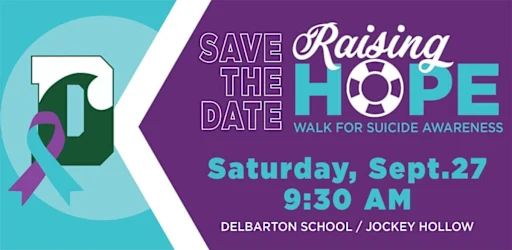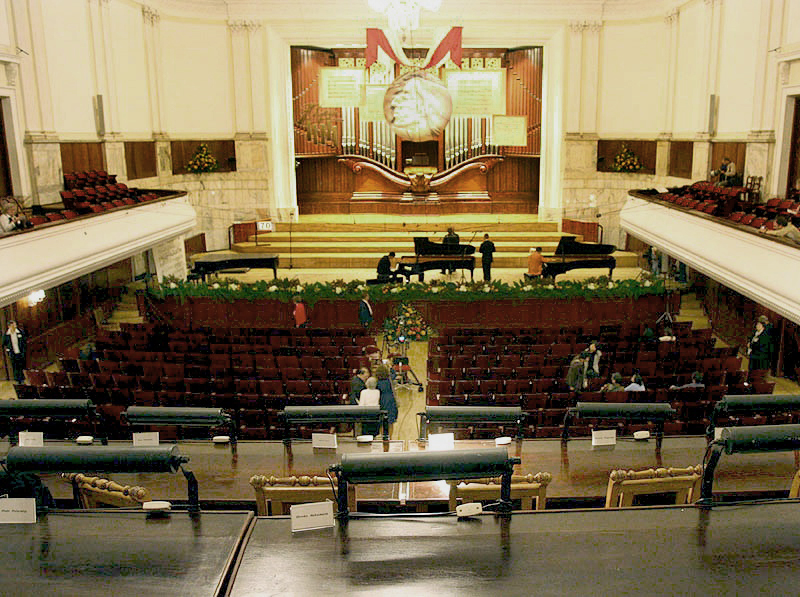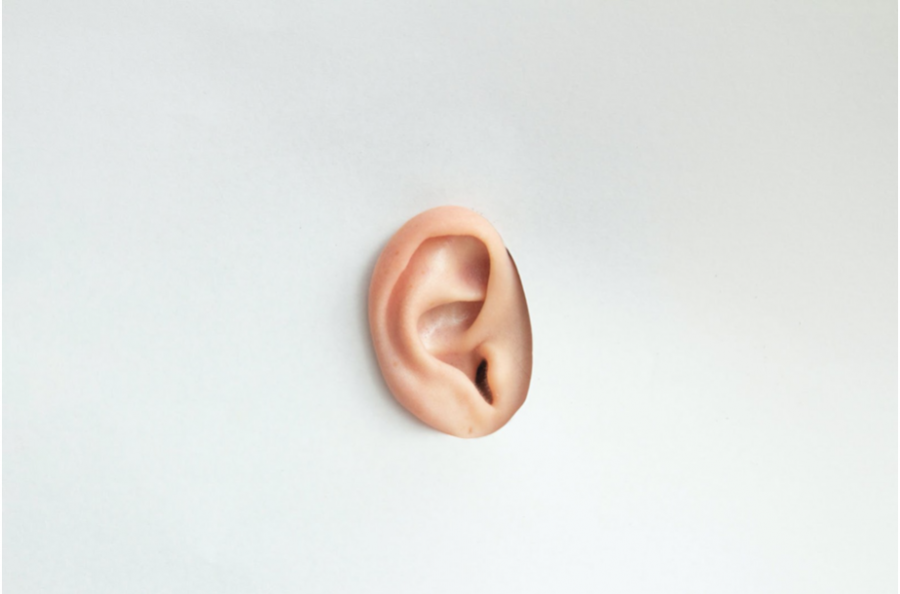Kaminski’s “Deaf Republic” – Must be Heard
April 27, 2021
Voice is power; such is the accepted maxim. The wisdom goes, that power is the power of the demagogue, the inspiration, the speech-writer, to spell into a frenzy a wild crowd. But what is art beyond an antithesis to wisdom, to tradition?
Ilya Kaminski’s “Deaf Republic” searches for power in silence, a place where it has, for centuries, been assumed to be absent, in one of the oldest forms of story: a poetic epic. Yet Kaminsky is no sycophant, nor a tunnel-visioned idealogue, and he paints a picture both complex and beautiful, a balance the medium of poetry fosters very well.
The basic bones of the story lay in atrocity, war, and a town that lays in the middle. The murder of a deaf boy is the inciting incident, and from there the epic focuses its eyes on three characters, mainly. A newlywed couple, and the older woman who runs the puppet theatre, as well as all her puppeteers. Silence and deafness both are forms of resistance against the soldiers marching in, but each take on a darker aspect as the epic marches on.
Due to this, the story takes the form of an old Greek tragedy in a newer, modern age. The town itself is the tragic hero, saddled with a many-faced hamartia, one that readers will likely be able to recognize in their own communities (and hopefully combat).
In what recent years have we been more aware of silence, rather than in service of its shackles?
For how many years has America been silent to the demands for change that have cyclically erupted from within it’s ranks? The history of America is a genealogy of silence, often of a Victorian manner. Conformity and silence dominate our visions of the 1950’s, and infamous is the silence of the Reagan administration to the AIDs epidemic. Even today, taboo reigns over mainstream discussion, though the internet has opened discourses outside of this mainstream, and willing to explore the taboo and extreme (and thus, it should not be surprising that totalitarians such as Xi Jinping aim to restrict it to such a degree).
In Kaminski’s town, silence and deafness go hand-in-hand. In Kaminski’s town, deafness is willful. In Kaminski’s town, deafness is an identity formed amongst the townspeople, a close knit one, for better or worse, for purposes of resistance or exclusion. In the town of America, all these things are very much true, though the obviousness of their truth may often depend on lived experience, or, alternatively, on a close study of history.
However, Kaminski does not allow his readers the cowardice of pure allegory; he forces them into reality, speaking with barely a veil of it when he rhapsodizes silence for the last time, in a new country, eerily similar to the old one, and eerily similar to 21st century America (because it is).
With every poem, Kaminsky stares his reader in the face, and asks them “when have you been silent? why?” It’s a terrifying question, especially for the kinds of kids who go to Delbarton. We have the privilege of deafness, and the privilege of silence that goes along with it- why not exercise them? Be willingly ignorant to the now unavoidable issues that stare the less fortunate head on? Why can we not ignore police violence we will likely never be victim to, a virus we have the funds to combat and survive?
Kaminski paints a portrait of silence that will spell any Delbarton student out of this delusion. Silence is no option; it’s an escape, and one that haunts like an old ghost.
Silence, in Kaminski’s world, is many things, but a victimless crime is not one of them. Silence and deafness are community, life, the gateway to rebellion, the gateway to submission, an invitation to atrocity, an invitation to complacency within atrocity. It pays for anybody, but especially those in the position to read this article, to examine the roles of ignorance, willful or otherwise, and silence in their own lives, and in all of the described aspects.
This book is extraordinary, and unique. It present its themes in multiple complex lights, and it never feels as though it is talking down to you. It is, quite clearly, a book for America. Though published in 2019, its relevance is nigh unmatched by any other poetry recently written, for themes of injustice, resistance, and speech.
The verse itself is supple, and fresh, on one occasion violently real and on another playing with reality. The whole of the book is in free verse, so you’ll likely enjoy it if metrical poetry isn’t your preference, or even if it is. Due to this point, as well as it’s format, every poem within is a melding of the old and the new, an Epic and a Greek Choir juxtaposed with uncapitalized and startlingly free verse that presents pictures of humanity and intimacy in ways the old styles are not equipped for.
Poetry is many things, but popular amongst High School students is not one of them. It is, however, always relevant in some capacity, in some time, in some place, by virtue of it being art, and thus an expression of humanity. Poetry is beautiful, ugly, and, in some roundabout way, always truthful, or opening a window to some truth. Thus, despite the previously mentioned unpopularity, I have no doubt in the ability of this book to hold your attention and not let go, and I have faith in it’s ability to make good use of the attention it receives.
There is no quantitative rating system for art, but nevertheless, most metrics would bestow on “Deaf Republic” a ten out of ten.































